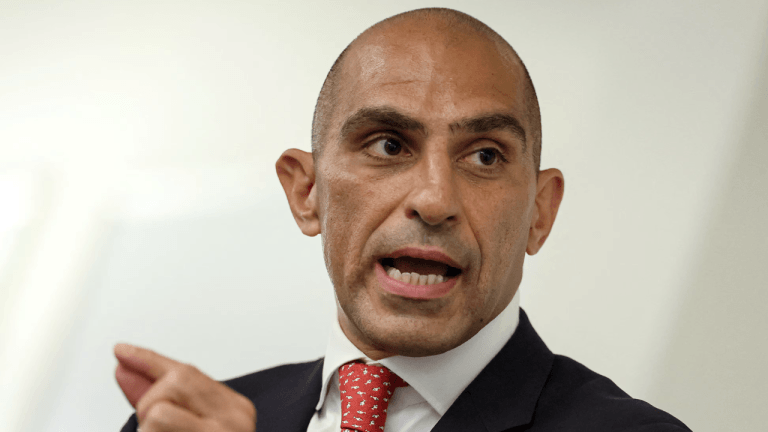The shift comes amid growing expectations of a friendlier regulatory climate under the incoming administration of former President Donald Trump, who is set to assume office on January 20, 2025.
Ripple’s Chief Executive Officer Brad Garlinghouse disclosed that this hiring pivot correlates with what he calls the “Trump effect,” referencing pro-crypto rhetoric and possible deregulatory initiatives. On social media platform X, Garlinghouse stated: “Team Trump is already jumpstarting innovation and job growth in the US,” emphasizing a renewed sense of optimism among blockchain and cryptocurrency businesses. The executive added that the U.S. Securities and Exchange Commission (SEC) under former Chair Gary Gensler had “effectively frozen” Ripple’s domestic opportunities for years, an environment the company hopes will change following the November 2024 election results.
The open positions, mainly in engineering and product development, are seen as part of Ripple’s broader strategy to reinvest in its home market. Industry watchers note that this is a dramatic reversal from just a few years ago when the company considered relocating its global headquarters outside the U.S. in response to regulatory pressures. At the height of its international expansion, Ripple reported that 95% of its customers were headquartered abroad, highlighting the company’s prior wariness of U.S. regulatory uncertainty.
Beyond Ripple, several other industry stakeholders are making moves in anticipation of a perceived pro-crypto stance under the second Trump administration. Mining firm Hive Digital, for instance, announced the relocation of its headquarters from Vancouver, Canada, to San Antonio, Texas. In a statement, the company cited optimism toward Trump’s approach to digital assets, describing the environment in the U.S. as potentially more conducive to growth and innovation.
Meanwhile, Morgan Stanley, one of the world’s largest financial institutions, is considering adding cryptocurrency trading to its E-Trade platform. Company representatives have hinted that the decision partly stems from the incoming administration’s signals of supportive policies toward blockchain development. Analysts suggest that easing regulations could spark a new wave of corporate mergers, acquisitions, and expansions into digital finance solutions. Proponents point to predictions that Bitcoin and other cryptocurrencies could hit significant price milestones by 2030, fueled by what some investors describe as “pro-innovation” measures.
Critics caution that obstacles remain. Volatility, regulatory clarity, and public perception continue to shape cryptocurrencies’ trajectory. Concerns range from environmental impacts tied to mining activities to questions about how digital assets might intersect with existing monetary systems. However, advocates argue that fresh policy direction in Washington could address these matters more constructively, encouraging digital asset firms to engage with regulators in a transparent and collaborative manner.














